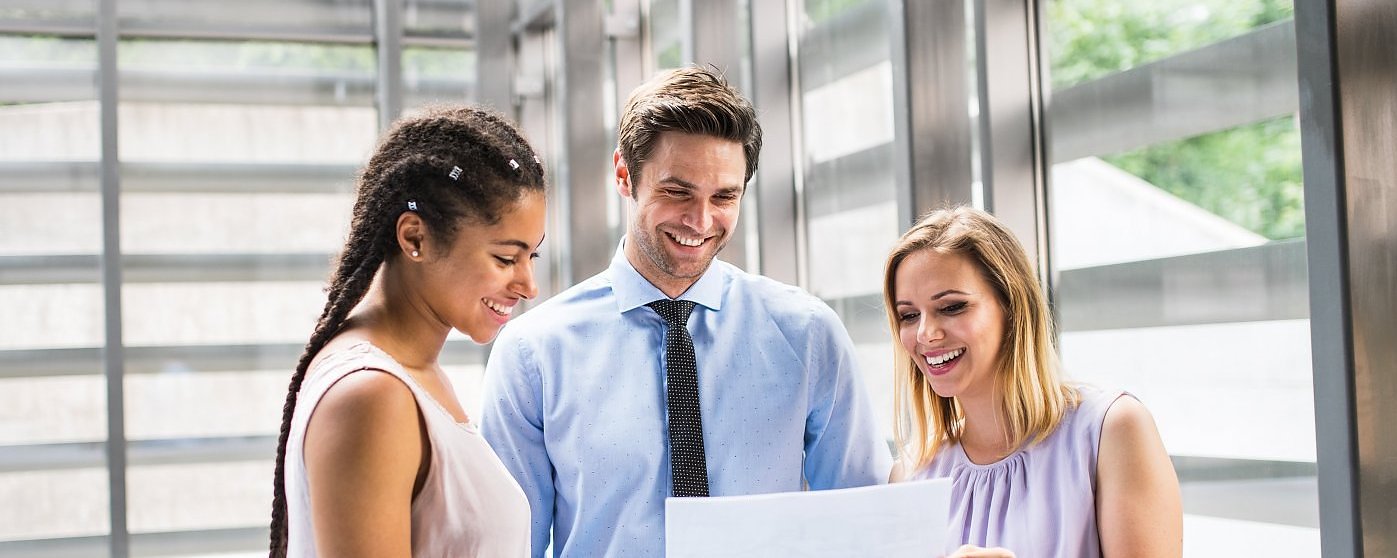ERASMUS+

Fact sheet
Erasmus+ will support:
- Opportunities to study, train, gain work experience or volunteer abroad.
- Education, training and youth sector staff to teach or learn abroad.
- The development of digital education and the use of ICTs.
- Language learning.
- Recognition of skills, including those learned outside the formal education system.
- Strategic Partnerships among educational institutions and youth organisations with peers in other countries in both their own sector and other sectors, in order to foster quality improvements and innovation.
- Knowledge Alliances and Sector Skills Alliances, to address skills gaps and foster entrepreneurship by improving curricula and qualifications through cooperation between the worlds of work and education.
- A loan guarantee facility for master’s degree students to finance their studies in another country.
- Teaching and research on European integration.
- Exchanges, cooperation and capacity building in higher education and the youth sector worldwide.
- Initiatives to foster innovation in pedagogy, and progressive policy reform at national level through Prospective Initiatives.
- Good governance in sport and initiatives against match-fixing, doping, violence, racism and intolerance, particularly in grassroots sport.
30 Years of Erasmus
2017 marks the 30th anniversary of Erasmus. On April 24th, the Foreign Relations Office opened a photo exhibition entitled “Erasmus through the eyes of CU”, displaying personal impressions of Erasmus stays abroad of students and employees of CU. The exhibition was completed, but we have documented it in the form of bulletin.
